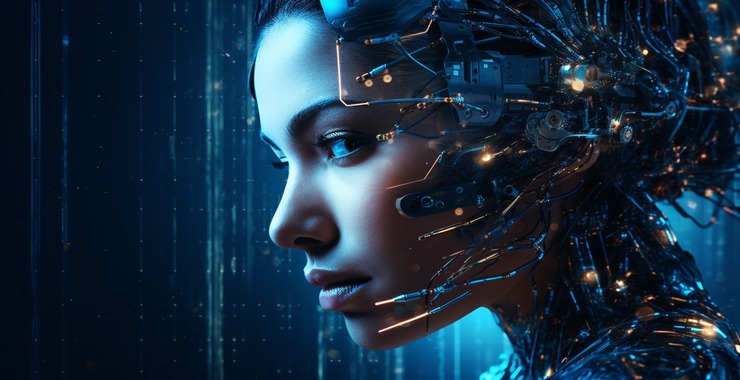Welcome back, my aspiring cyberwarriors!
Probably the most common question I have received in recent months is,
“Will AI Make Cybersecurity Engineers Obsolete?”
This leads to the subsequent and inevitable question,
“Am I wasting my time training to become a cyberwarrior?”

As you know, we are on the brink of an artificial intelligence revolution! AI will likely change our lives in ways that it is hard to anticipate. I CAN tell you one thing with certainty, AI will NOT make cybersecurity engineers obsolete. Here is why.
AI Augments Rather Than Replaces Cybersecurity Roles
AI can automate certain routine tasks and enhance threat detection capabilities, but it cannot fully replace the critical thinking, creativity, and decision-making skills of human cybersecurity professionals. AI lacks the intuition, context understanding, and ability to devise innovative solutions that are essential in cybersecurity.
AI Has Limitations
AI algorithms are trained on existing data and may struggle to detect new or sophisticated cyber threats that have not been seen before. Cybercriminals can create attacks designed to bypass AI systems, necessitating human intervention and ingenuity to respond effectively. In this circumstance, AI will necessitate additional, well-trained cybersecurity professionals.
Cybersecurity Requires Human Expertise
Cybersecurity is an ever-evolving field that demands continuous learning (see our LIfetime training program), adaptation, and ethical decision-making. While AI can assist in automating tasks, it cannot replace the human expertise required to understand the context, evaluate the effectiveness of security measures, and make decisions based on legal and ethical considerations (see our upcoming Criminal Law for Cybersecurity).
New Roles Will Emerge
As AI becomes more prevalent in cybersecurity, new roles and specializations will emerge, such as AI security analysts, machine learning security engineers, and professionals responsible for developing, training, implementing, and securing AI systems. These roles will complement and work alongside traditional cybersecurity roles. These positions will likely have even higher salaries than the traditional cybersecurity engineers.
Collaboration is Key
The most effective approach will be the collaboration between AI and human cybersecurity professionals. AI can augment human capabilities by automating routine tasks, enabling professionals to focus on more complex and strategic aspects of cybersecurity. Humans will oversee and guide AI systems to ensure ethical and effective cybersecurity practices.
Summary
In summary, while AI will transform and enhance various aspects of cybersecurity, it is highly unlikely to make human cybersecurity engineers obsolete in the next 5-10 years and it’s really hard to anticipate any changes in society and the economy beyond that time frame. The dynamic nature of cyber threats, the limitations of AI, and the need for human expertise and ethical decision-making will ensure that cybersecurity remains a field that requires skilled professionals working in tandem with AI technologies.





